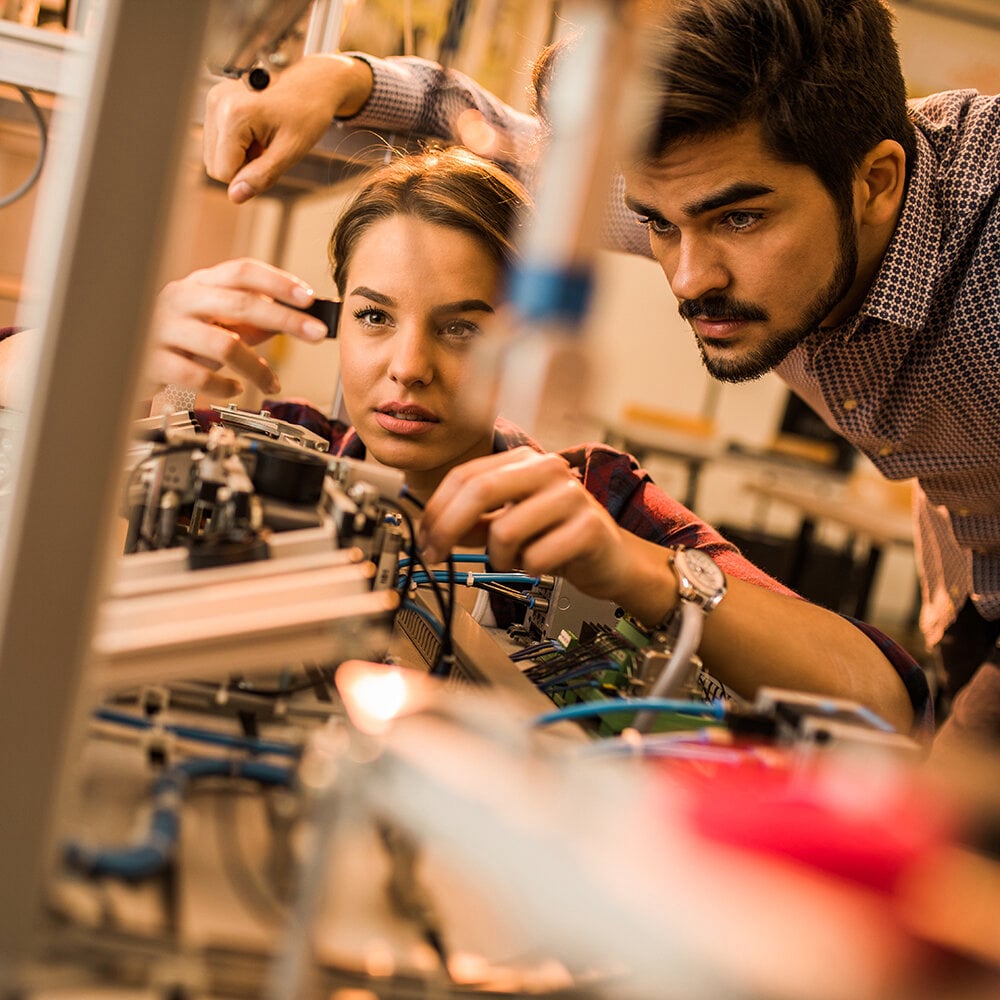

Edison's work has left an indelible mark on history, inspiring and amazing us with sheer brilliance. Celebrate the legacy of one of the greatest inventors of all time and discover how his inventions continue to impact our lives today. Can I Trust InventHelp and the Companies it Works With?
Early Life and Education
If you frequently delve into the history of inventors, you might be intrigued to learn about Thomas Edison's early life and education.
Born in 1847 in Milan, Ohio, Edison had limited formal education due to being homeschooled by his mother. His curiosity and love for learning led him to become a voracious reader and self-taught individual.
At the age of 12, he started working on the railroad, where he honed his skills in telegraphy. This early exposure to technology sparked his interest in inventions and innovation.
Despite facing challenges such as hearing loss, Edison's determination and passion for experimenting paved the way for his future success as one of the greatest inventors in history.
Invention of the Light Bulb
When developing your knowledge of Thomas Edison's genius, consider the pivotal role played by his invention of the light bulb. Edison's creation revolutionized the way we illuminate our world, paving the way for modern lighting systems.
Contrary to popular belief, Edison didn't invent the light bulb itself but rather improved upon existing designs to create a practical and commercially viable version. Through countless experiments and iterations, he eventually developed a long-lasting, efficient incandescent light bulb that could be mass-produced.
This invention not only brightened homes and cities but also sparked a new era of productivity and extended the hours in which people could work and socialize. Edison's light bulb remains a symbol of innovation and perseverance that continues to impact our daily lives.
Impact on Communication Technology
Continuing from the invention of the light bulb, Edison's advancements in communication technology profoundly transformed how people interacted and connected with one another.
One of his most notable inventions in this realm was the phonograph, which revolutionized the way music and spoken word could be recorded and played back. This innovation laid the groundwork for modern recording devices and audio technology.
Additionally, Edison's improvements to the telegraph system enhanced long-distance communication, making it faster and more reliable.
His contributions to communication technology not only facilitated the exchange of information but also paved the way for future innovations in telecommunications that continue to shape the way we communicate today. Edison's impact on communication technology remains a cornerstone of modern society.
Legacy in Motion Pictures
One might appreciate Thomas Edison's lasting legacy in motion pictures, including his significant contributions to early cinema technology. Edison's development of the Kinetoscope, a motion picture exhibition device, revolutionized the entertainment industry by allowing people to view moving images for the first time.
His creation of the first film production studio, known as the Black Maria, paved the way for the modern film industry. Furthermore, Edison's invention of the kinetograph camera enabled the filming of short motion pictures, marking the beginning of narrative storytelling through film.
His pioneering work in motion pictures laid the foundation for the cinematic advancements that followed, shaping the way we experience movies today. Edison's influence on motion pictures continues to be felt, reminding us of his enduring impact on the world of film.
Contributions to Sustainable Energy
In his pursuit of innovation, Thomas Edison made a significant impact on sustainable energy with his contributions to the development of renewable power sources. One of his notable inventions in this realm was the alkaline storage battery, which played a crucial role in storing excess electricity generated from renewable sources.
Edison's work on improving electric power generation and distribution systems also paved the way for the integration of renewable energy into mainstream grids. By focusing on creating efficient and reliable energy solutions, Edison laid the groundwork for the sustainable energy technologies we rely on today.
His forward-thinking approach to energy innovation continues to inspire advancements in the field of renewable power sources, shaping a more sustainable future for generations to come.